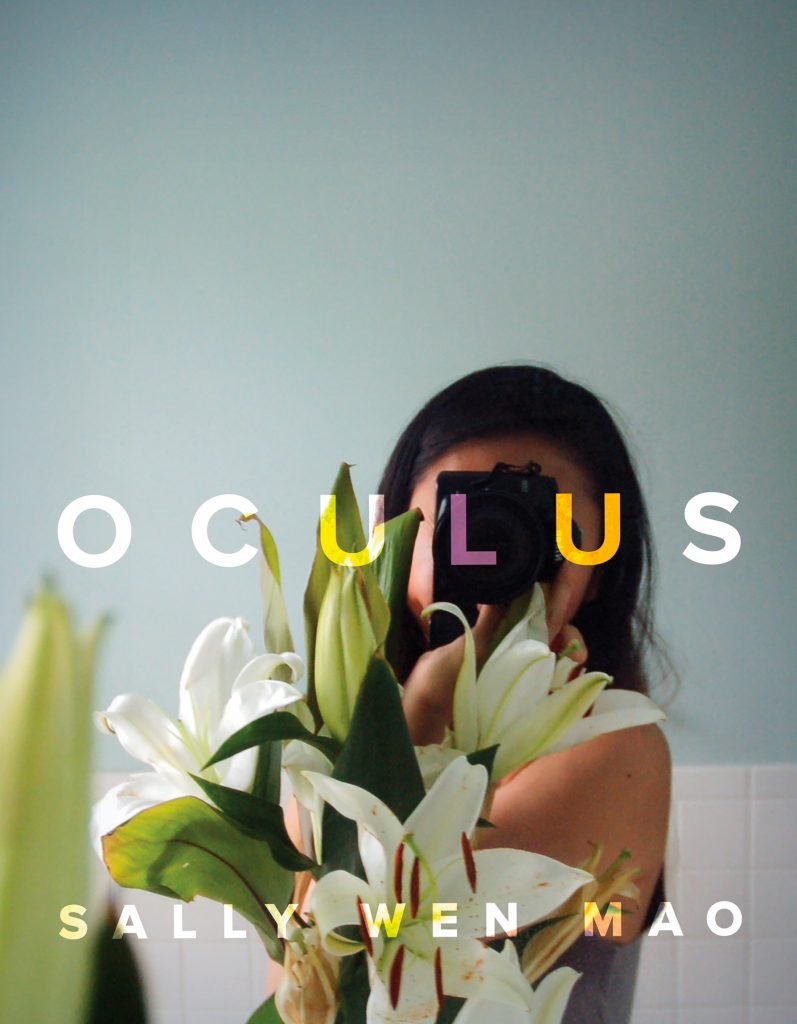
Chrys Weedon | Entertainment Editor
“For all my sisters” reads the dedication of Sally Wen Mao’s newest collection of poetry, “Oculus.”
In this her second collection of poems, released Jan 15, Mao weaves a complex story of technology, patriarchy, racism and time. Each poem is well-researched — not a single poem stands alone, but fuses into the landscape and context of a much bigger picture. Whether it be how technology has grasped our lives or describing the history of racist Asian caricatures in American cinema, every poem is carefully penned and laced with morbid imagery.
A series of poems throughout the book follows the imaginary journeys of actress Anna May Wong, considered the first Chinese-American actress in the United States, through time. Given the power of a time machine, Wong migrates through time and the history of American cinema, witnessing the way the industry typecasts and violates Asian people through racism.
Wong sees how Chinese women’s bodies are objectified and rejected simultaneously. Different Asian cultures are often appropriated in American shows and movies, but, as Mao focuses on in her writing, many Asian characters are portrayed by white actors in yellowface. Over the course of her journey, actress Wong travels beyond her death, and through Mao’s wit and style, calls for a reclamation of her culture and narrative.
In a poem that gives her book its title, Mao described how a young woman in Shanghai posted her suicide to Instagram in 2014. In the last section, Mao wrote a second poem under the same title, cataloging her experience watching Solange perform at the Guggenheim museum, the most photographed place in the world. Mao intricately analyzes, in these and other poems, how technology has morphed into a third limb for many, turning society into a sort of cyborg which catalogs everything.
In her poem “After Nam June Paik,” Mao wrote: “On the LCD screen, I offer light but no breath/ I author breadth but no depth/“… the surveillance camera records our prettiest nightmares.”
Mao’s poetry is eerie, brutal, futuristic and stunning. Mao writes on topics many find difficult to discuss, but shifts focus on what could be and what is to come. This collection truly is unique.
Overall rating: I would strongly recommend this book.
Contact the author at howlentertainment@wou.edu
Photo courtesy of graywolfpress.org

